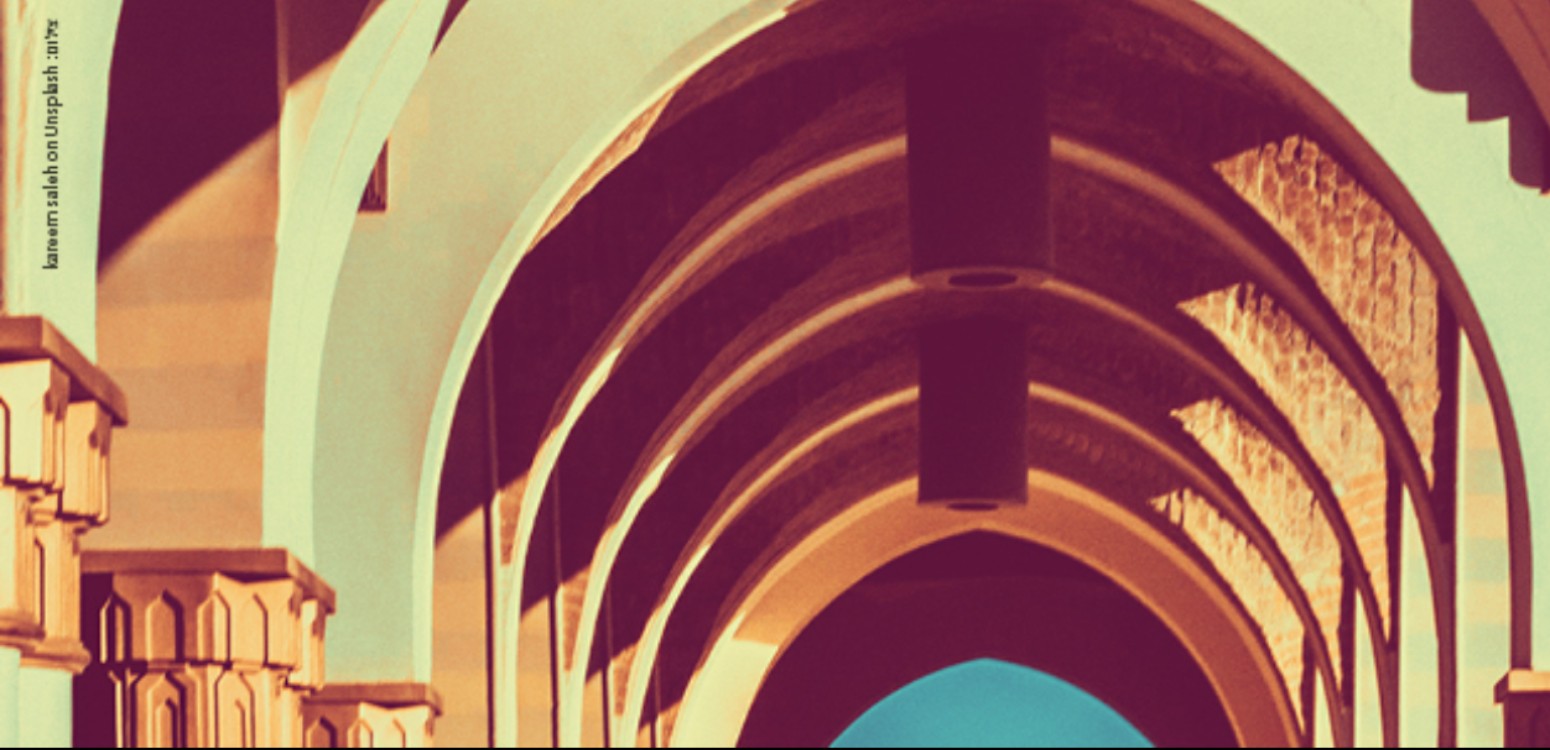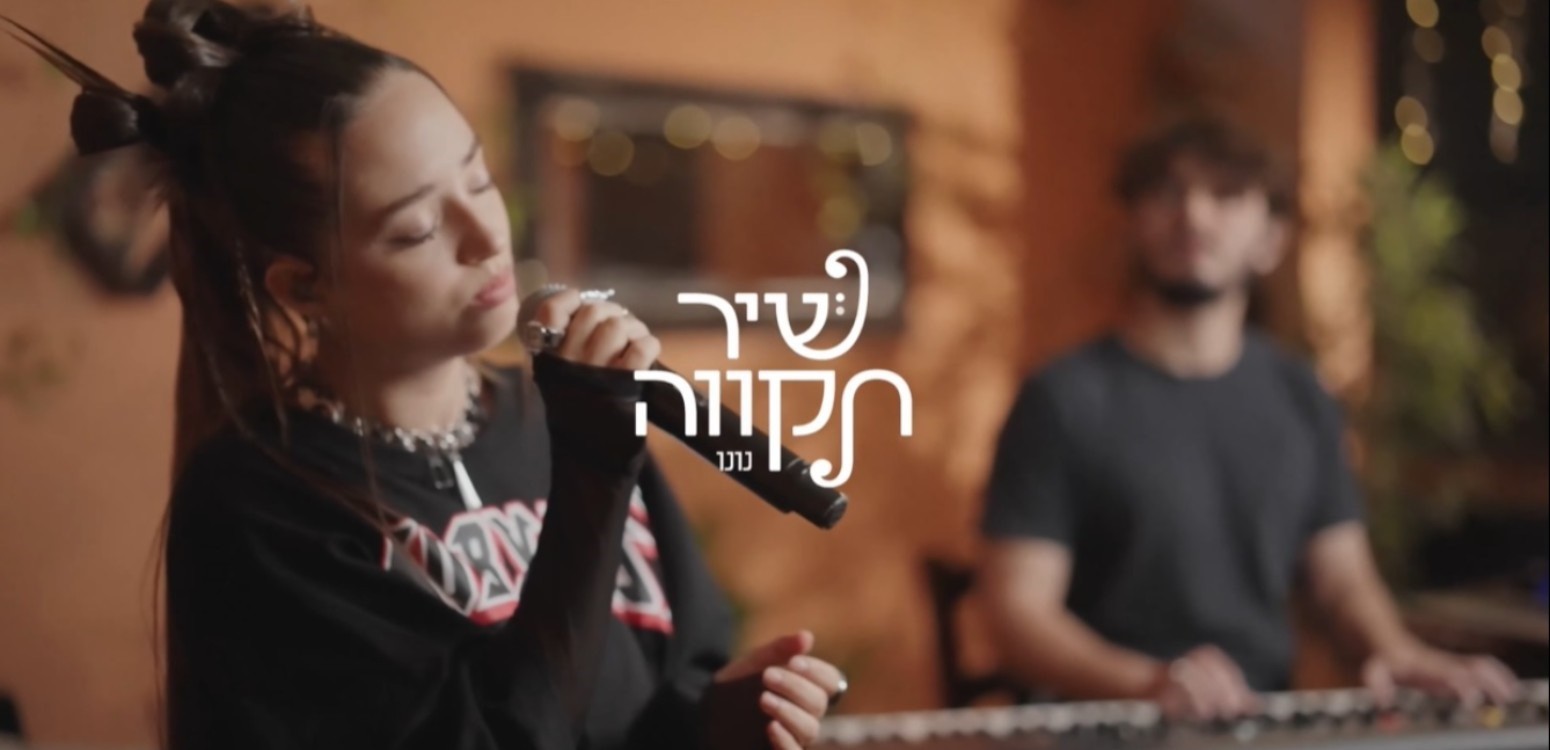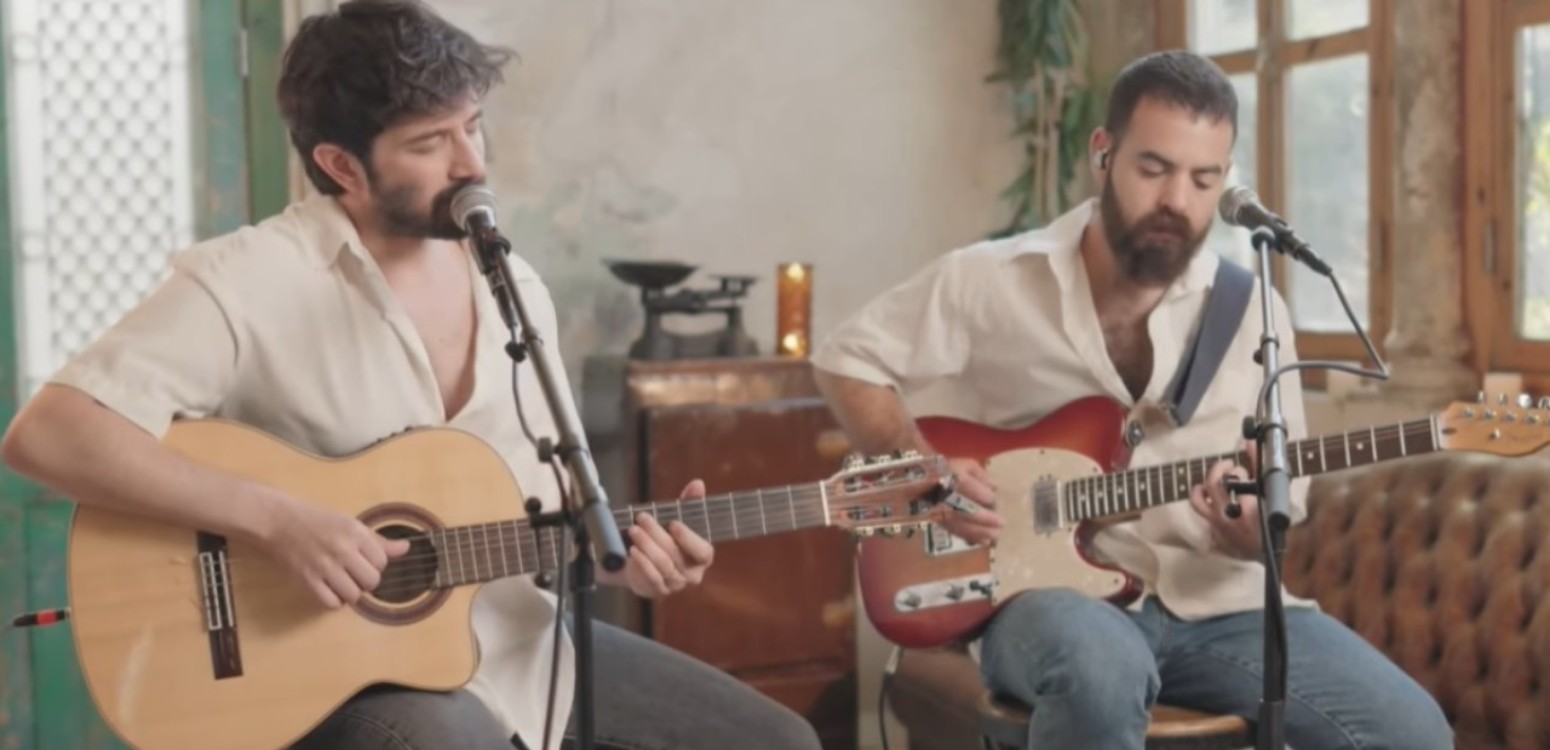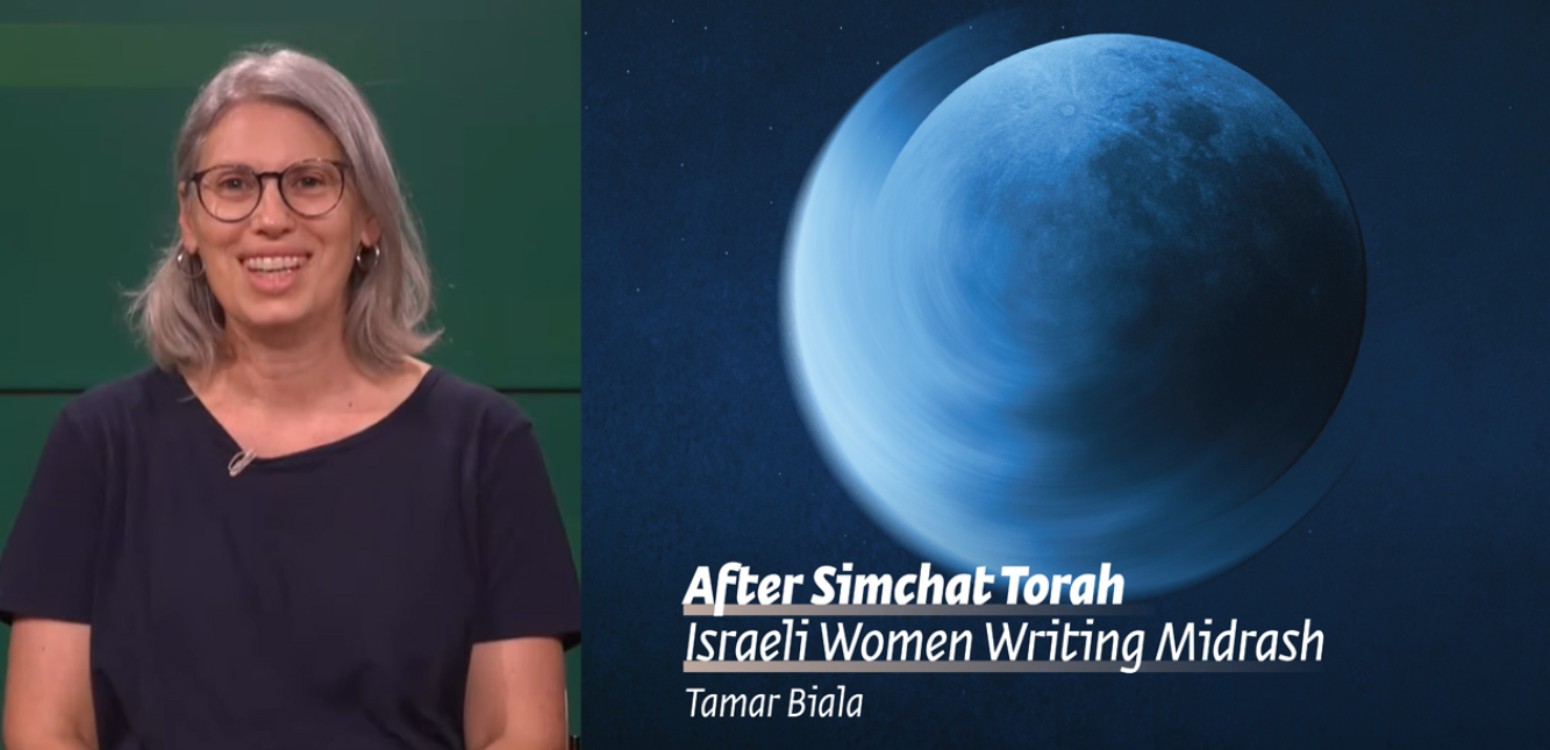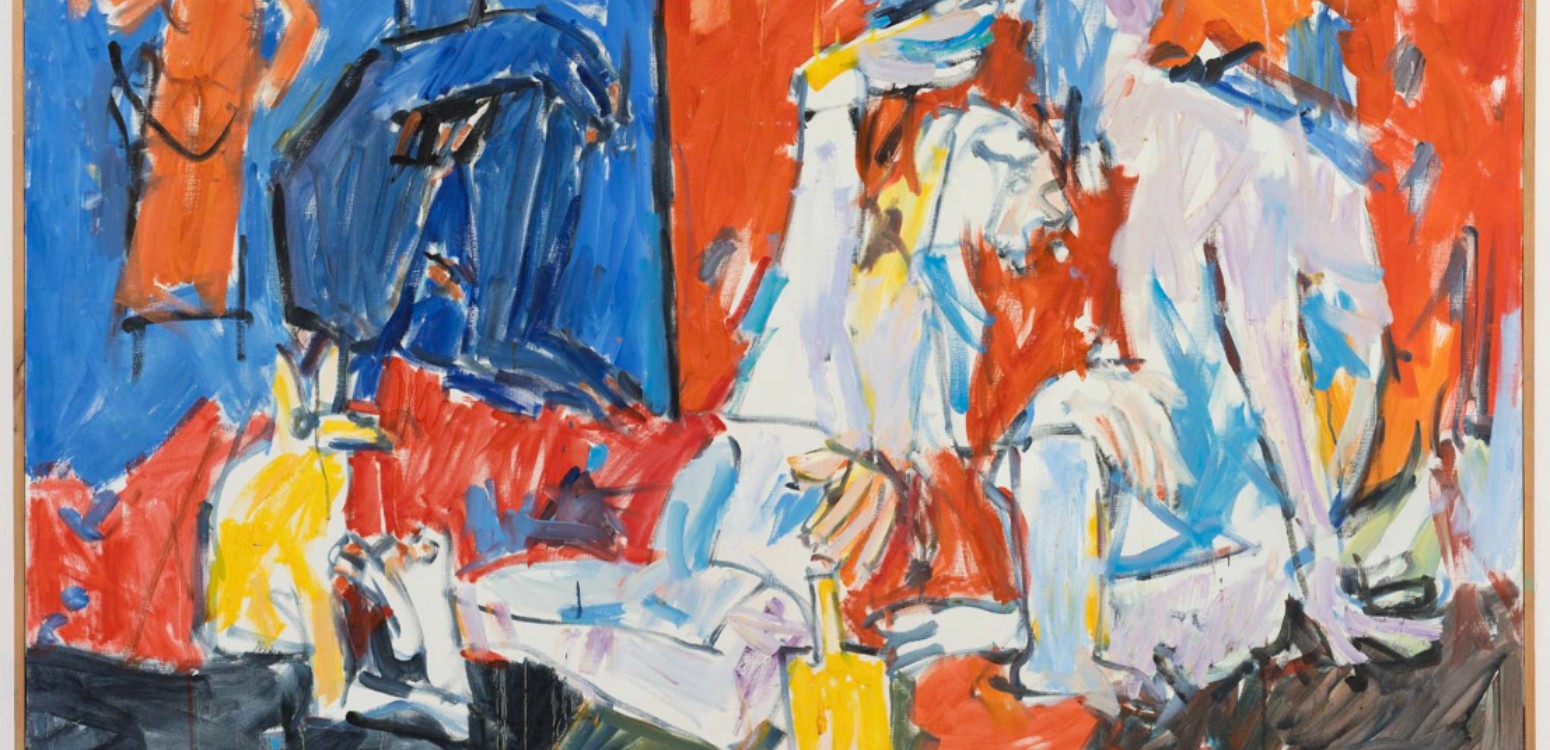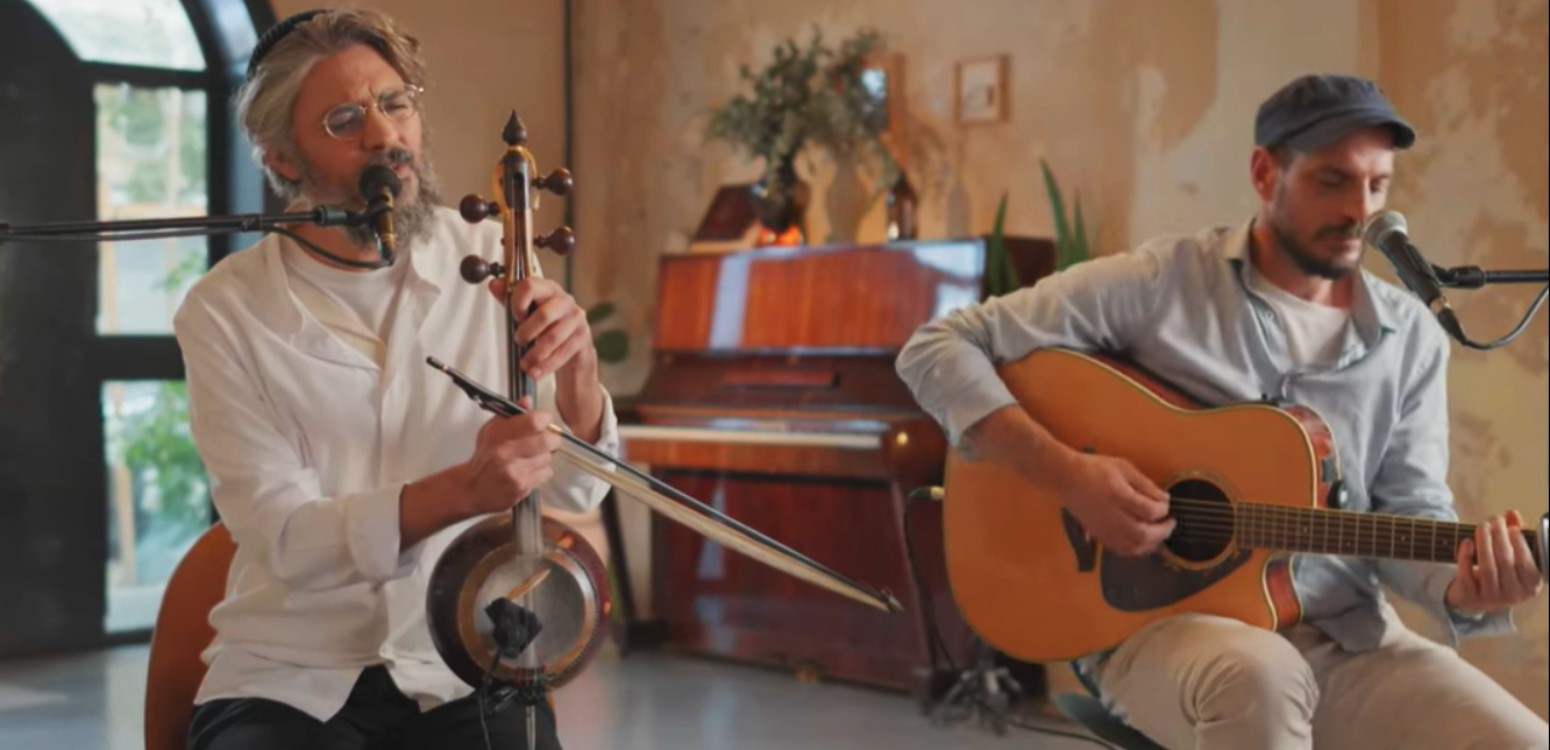
An ancient harvest ritual reminds us that rights alone are not enough – we need shared stories and responsibilities to sustain identity and community
In the Temple of ancient Jerusalem, farmers who brought their first fruits did not speak about nature’s bounty or their personal success. Instead, they recited a story – Jacob’s exile, Egypt’s oppression, God’s redemption, and the Israelites’ collective journey into their land. Why link an agricultural ritual to history? Because the Torah insists that identity is rooted not only in individual achievement, but in belonging to a people and its story.
**
This week’s portion, Ki Tavo, describes the ceremony of the first fruits: a farmer takes the first ripened produce, places it in a basket, and carries it to the sanctuary. At first glance, it seems like a universal celebration of nature’s rhythms and a private celebration of prosperity: my field, my fruit, my success.
But at the center of this ritual comes a striking interruption. Every farmer must recite a declaration:
“‘My father was a fugitive Aramean. He went down to Egypt with meager numbers and sojourned there; but there he became a great and very populous nation. The Egyptians dealt harshly with us and oppressed us; they imposed heavy labor upon us. We cried to the Lord, the God of our ancestors, and the Lord heard our plea and saw our plight, our misery, and our oppression. The Lord freed us from Egypt by a mighty hand, by an outstretched arm and awesome power, and by signs and portents, bringing us to this place and giving us this land, a land flowing with milk and honey. Wherefore I now bring the first fruits of the soil which You, the Lord, have given me.’ You shall leave it before the Lord your God and bow low before the Lord your God. And you shall enjoy, together with the [family of the] Levite and the stranger in your midst, all the bounty that the Lord your God has bestowed upon you and your household.” (Deuteronomy 26:5-11)
Universalism alone is not enough
Instead of focusing on nature or the individual, the farmer speaks about the collective story of Israel. The Torah reframes a personal harvest into a national drama. And the declaration ends not with self-congratulation but with responsibility – sharing the bounty with the Levite and the stranger, those without land of their own.
What is happening here? The Torah, which opens with the universalist claim that all people are created in God’s image, now adds a vital correction: universalism alone is not enough. Human dignity is the starting point, but building a healthy identity and a just society requires something more – a shared narrative, a sense of belonging, and obligations to one another.
Liberalism’s weakness
This insight has sharp relevance for our own time. Liberal democracy brought to the world the revolutionary idea that the individual stands at the center, and that every person has rights independent of origin, heritage, or group. The blessing of this idea is immense. It reshaped governments, liberated peoples, and created safeguards that never before existed.
Yet here lies liberalism’s weakness. By placing the individual above all else, liberalism tends to fragment traditions and weaken communities. At its extreme, it leaves people isolated, stripped of the stories and frameworks that give life meaning. As Dr. Tomer Persico writes in his article in #JewishDemocratic: Creating an Israeli Golden Path (Yedioth Sfarim, 2023), liberalism’s flaw is that it does not tell a story. It offers rights but not a narrative; dignity but not purpose. It leaves individuals with the burden of shaping their own destiny – something not everyone is equipped, or even willing, to do.
The hunger for meaning
And so, in the vacuum left by liberalism, other, more dangerous narratives take root. Faced with the hunger for meaning, people turn to extreme particularisms, nationalisms, or fundamentalisms that promise belonging but often lead to exclusion or violence. Ironically, it is liberalism’s very success that has exposed its limits and led to its crisis today.
The challenge, then, is not to discard liberalism or particularism, but to integrate them. Universalism gives us dignity; particularism gives us story. Rights protect the individual; narratives bind us to one another. The recitation of the first fruits models this synthesis. It begins in the universal – nature’s abundance, the individual’s prosperity – but it insists that this abundance be celebrated in a collective story, one that includes responsibility for the community and especially its most vulnerable members.
We need to be part of a story
That is the Torah’s wisdom: prosperity is never only private, and freedom is never only individual. They gain meaning only when placed inside a story larger than ourselves.
Can we translate this ancient ceremony for our own times? Can we create narratives, symbols, and practices that celebrate both the individual and the collective, rights and responsibilities, freedom and belonging? That remains one of the central tasks of our age.
Lior Tal Sadeh is an educator, writer, and author of “What Is Above, What Is Below” (Carmel, 2022). He hosts the daily “Source of Inspiration” podcast, produced by Beit Avi Chai.
For more insights into Parashat Ki Tavo, listen to “Source of Inspiration”.
Translation of most Hebrew texts sourced from Sefaria.org
Main Photo:Created using ChatGPT
Also at Beit Avi Chai



